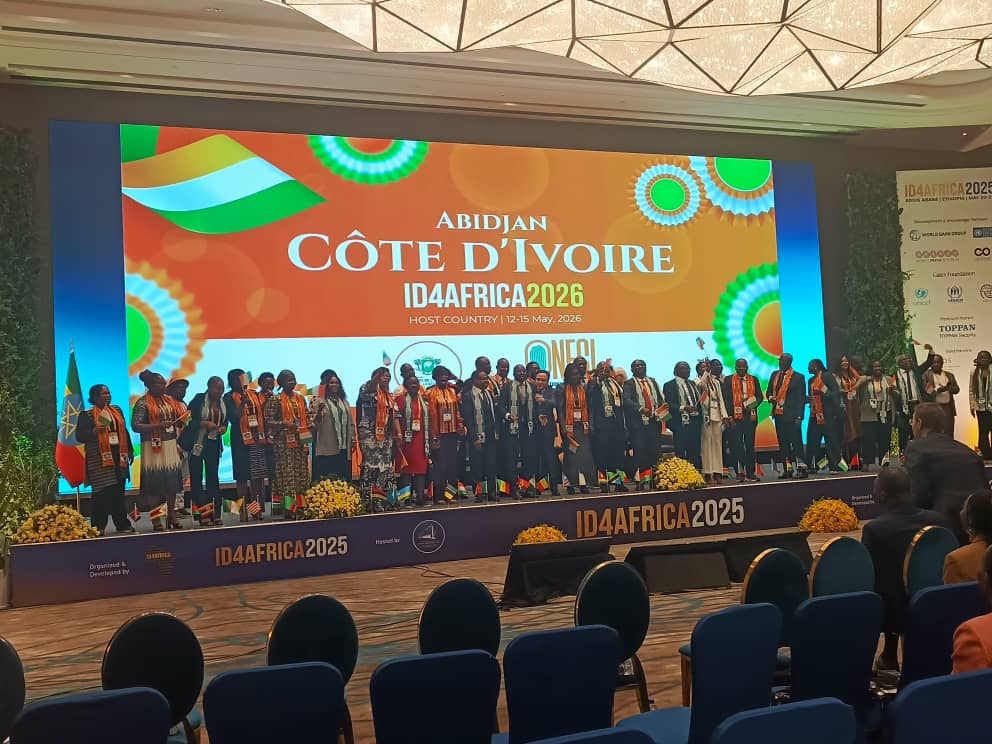
The travel agency sector in Ivory Coast, home to roughly 1,500 formal operators, is at a critical juncture as it confronts the urgent need for digitalisation and modernisation.
According to figures revealed during the second session of the National Tourism Council (NTC), between 600 and 700 agencies remain active, with around 400 to 500 making significant contributions to the country’s GDP.
Minister of Tourism Siandou Fofana emphasised the necessity for the sector to embrace digital tools to stay competitive amid the growing dominance of global online booking platforms like Booking.com.
“It is imperative to adapt the travel agencies to face international competition and improve their service delivery through digital means,” Fofana stated.
Currently, legal formalisation and approvals from the Ministry of Tourism and the International Airlines Association (HIATA) form the backbone of regulatory oversight. However, many agencies face financial hurdles—HIATA’s deposit requirements can reach up to 65 million CFA francs, restricting access to key sales functions for smaller operators.
The digital shift is more than a technological upgrade.
It is a strategic move to enhance competitiveness, simplify booking processes, and meet evolving customer expectations, as travellers increasingly research and book trips online. The Ministry envisions a unified digital platform that would centralise offers from various agencies, boosting visibility and fostering collaboration.
Beyond digitalisation, the sector must contend with broader challenges: regional instability, currency fluctuations impacting airfare costs, and lingering effects of health crises such as the Covid-19 pandemic, which has disrupted international tourism flows.
Discussions at the NTC highlighted the need for targeted training to equip travel agents with digital skills and encouraged diversification into emerging markets such as domestic tourism, medical tourism, and the promotion of national parks and circuits.
Institutional backing and enhanced public-private partnerships are deemed vital to boost Ivory Coast’s tourism profile globally. One innovative example is the collaboration with the Marseille football team, aimed at opening new markets.
Finally, calls were made to liberalise domestic air travel by welcoming low-cost airlines to reduce high fares, a move seen as essential to stimulate internal mobility and tourism growth.
As Ivory Coast’s travel agencies stand at this crossroads, swift, collaborative efforts from government, industry players, and technical partners will determine the sector’s ability to thrive in an increasingly digital and competitive global landscape.



